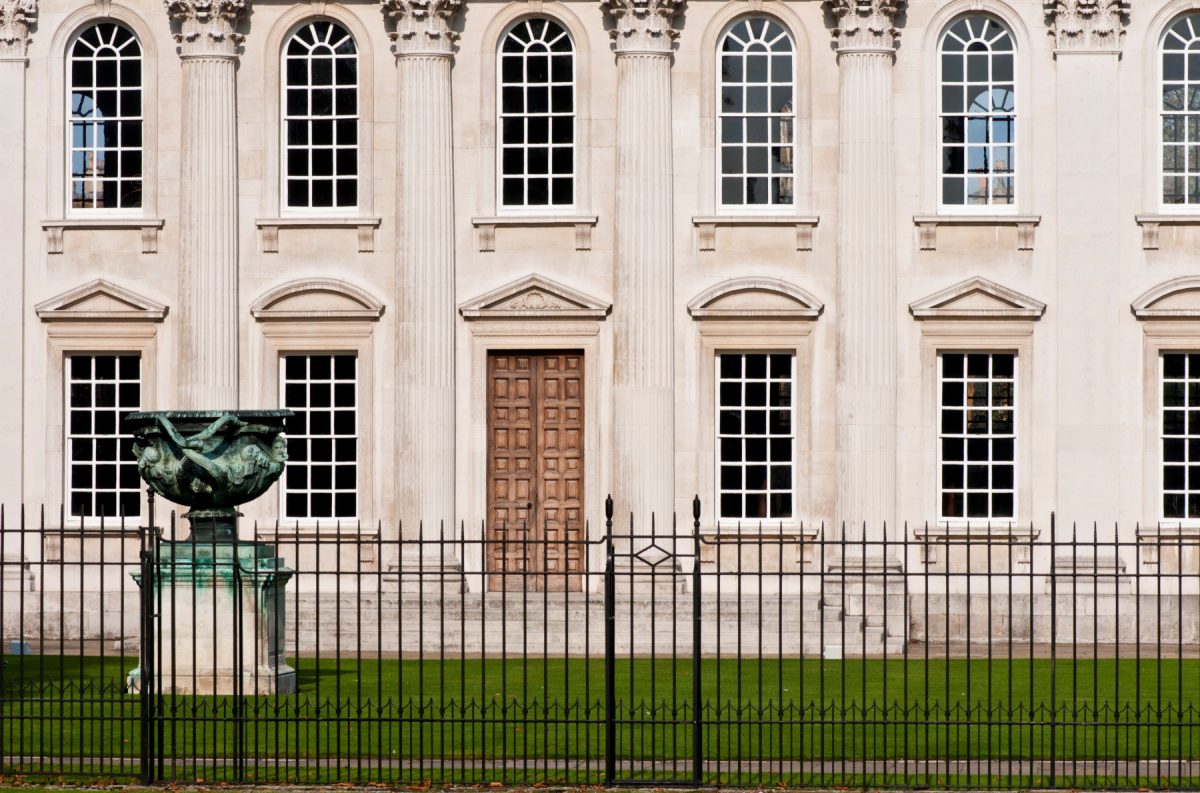
1 April 2024
What is Inheritance Tax Planning?
Inheritance tax (IHT) is a charge on your estate upon death. Inheritance tax planning (or estate planning) helps to preserve, protect and devolve family wealth. Your Will is an important part of this process, as is tax and the mitigation thereof. People normally hold wealth for too long. For an individual with substantial net worth, there could be a substantial (IHT) bill on death with a tax rate of 40% on the taxable estate.
There is a significant amount of legislation surrounding inheritance tax which was named as Estate Duty in the Finance Act 1894 and named as IHT in the Finance Act 1986. The current arrangements make provision for certain reliefs and these may well result in a lower IHT bill for an estate.
How much is Inheritance Tax?
IHT is payable on certain transfers in excess of the nil rate band, which is currently £325,000 per person.
For transfers within seven years of death, the IHT rate is 40%. A reduced rate of 36% applies when at least 10% of your net estate is left to charity. A rate of 20% applies for other chargeable transfers, such as payments into discretionary trusts.
From 6 April 2017, a Residence Nil Rate Band (‘RNRB’) was introduced, which is now fixed to £175k until 2028. The rules are complex and advice should be taken where this relief might apply. For estates over £2m there is a taper threshold reducing the RNRB available by £1 for every £2 that the estate exceeds £2m.
Potentially Exempt Transfers
A potentially exempt transfer (PET) is IHT exempt if the donor survives for seven years following the transfer. However, if the donor dies within seven years, a tax charge is due. Examples of PETs include gifts to individuals and payments into a bare trust. If the donor survives for three years, tapered tax relief is available. The taper relief rates are: 0%, 20%, 40%, 60%, 80% for gifts made 0-3 years, 3-4 years, 4-5 years, 5-6 years, 6-7 years ago respectively.
Exempt Transfers
An exempt transfer means that no tax is due. Transfers between spouses are exempt during life and on death. The remaining nil rate band can also be transferred between spouses. Gifts to charity are also exempt.
An annual exemption of £3,000 is available each year. If the whole amount is not used within a tax year, it may be carried forward one year. Small gifts of up to £250 may be given each year. This exemption can be used many times within a single year, in respect of different recipients. Wedding gifts may be exempt from IHT. The amount exempt depends on the relationship to the bride or groom. If the donor is a parent, the limit is £5,000. If the donor is a relative other than parent, the limit is £2,500. For all other persons, the limit is £1,000.
A transfer may also be exempt if it is ‘normal expenditure’ out of income. However, this transfer must not leave the transferor without enough income to maintain their standard of living. Pension income counts as ‘income’ for this IHT exemption.
Reliefs
A relief reduces the value of a transfer. The most common reliefs are: business relief, agricultural relief and relief for woodlands. Business relief is available to owners of a business who wish to transfer their business upon death. It is limited to those who have owned their business for at least two years.
AIM shares, EIS and SEIS
Business Relief (BR) can be available for individuals who invest in qualifying Alternative Investment Market (AIM) companies. Up to 100% relief from IHT is available in respect of transfers of value. To benefit from the relief, the investment must be held for at least two years before a chargeable transfer for IHT purposes. As this is a relief rather than an exemption, the assets will still form part of your estate (and be factored in when calculating the RNRB), but will not be subject to IHT.
Summary
A broad summary of the possible courses of action could be outlined as follows:
- Outright gifts.
- Gifts into trust (e.g. discretionary trust, bare trust, loan trust, discounted gift trust, flexible reversionary trust).
- Use annual IHT exemptions.
- Ensure your pension has an up to date expression of wishes for beneficiaries.
- Insure your life to provide a lump sum on death (written in trust).
- Gift your main residence (PET). There is no Capital Gains Tax (CGT), however full market rent must be paid if the donor wishes to occupy the property.
- Invest in eligible AIM shares which are not subject to IHT (if owned for 2 years).
- Invest in a business where 100% relief is allowed on trading businesses.
- Invest in assets that qualify for Agricultural or Woodland Relief.
- Leave 10% of your net estate to charity so that your remaining estate qualifies for a reduced rate of IHT at 36%.
Questions
1. Is your Will kept safely and can it be found easily?
2. Are you happy with your current executors?
3. Do you need trustees if there are trusts in your Will?
4. What happens to your personal possessions?
5. What about legacies/bequests for friends and family? Who pays IHT on them?
6. What about gifts to charity?
7. Should you undertake any of the investments above which are IHT advantaged?
8. Should you give away the annual exemptions?
9. Should you insure your life to provide for IHT liability?
Risk Warnings. This document has been prepared based on our understanding of current UK law and HM Revenue and Customs practice as at 1 April 2024, both of which may be the subject of change in the future. The opinions expressed herein are those of Cantab Asset Management Ltd and should not be construed as investment advice. Cantab Asset Management Ltd is authorised and regulated by the Financial Conduct Authority. As with all equity-based and bond-based investments, the value and the income therefrom can fall as well as rise and you may not get back all the money that you invested. The value of overseas securities will be influenced by the exchange rate used to convert these to sterling. Investments in stocks and shares should therefore be viewed as a medium to long-term investment. Past performance is not a guide to the future.


